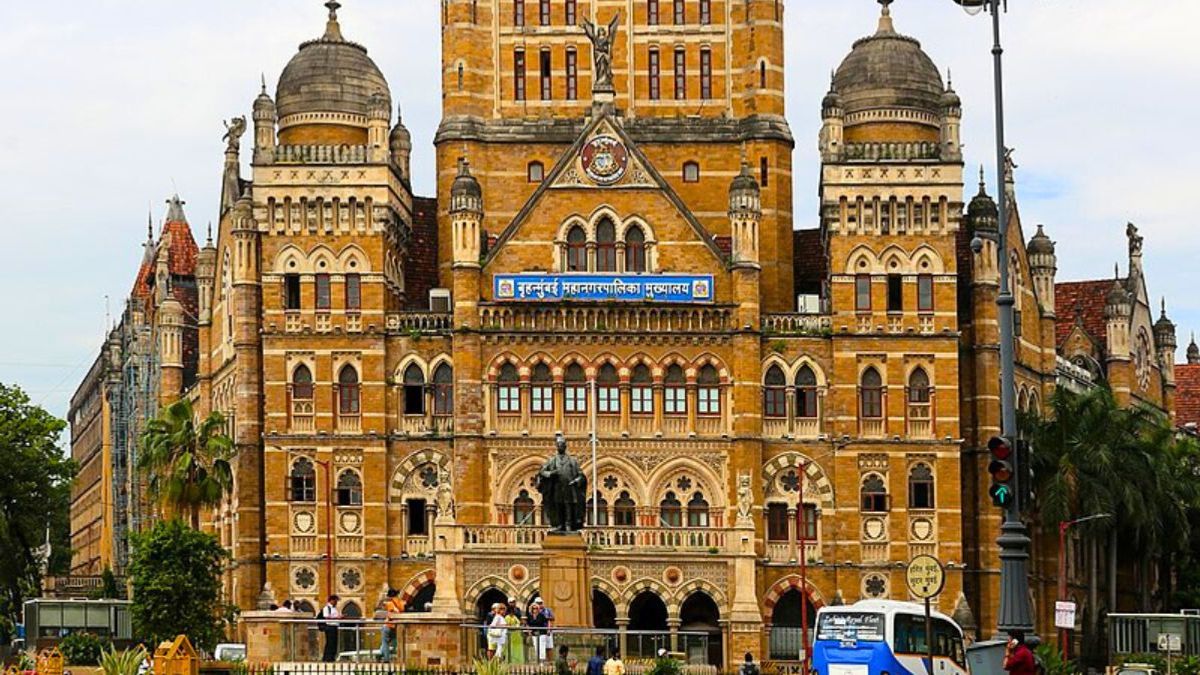BMC has reduced the estimated cost of a proposed 29-storey commercial‑office tower in Worli by ₹37 crore, following concerns over overpriced robotic parking plans. This marks a rare case where civic scrutiny directly influenced project budgeting. An RTI activist flagged in August 2024 that the tender price of ₹96 crore for a 450‑vehicle robotic parking system on the site—previously occupied by a BMC asphalt plant and testing lab—far exceeded comparable systems in other metro cities.
The BMC acted by scrapping the original ₹525 crore tender and re‑issuing a revised ₹488 crore tender in May . A civic official confirmed the new tender includes a robotic parking provision priced at ₹72 crore, down from ₹96 crore, following guidance from a project management technical advisor and traffic‑control executive . The lower price reflects more realistic benchmarks drawn from similar infrastructure projects in India. The building design allocates floors 1–13 to automated shuttle and robotic parking for employees, ensuring a 20‑year operational lifespan. Levels 14–17 are earmarked for modern material‑testing labs and vigilance‑unit offices, while floors 18–19 will host road‑department offices and a real‑time traffic‑monitoring command centre. Floors 20–29 will be reserved as ready‑to‑occupy commercial office space, available unfurnished .
A civic official explained that the tower will continue serving BMC staff and eventual tenants with secure, stack-aperture parking, and noted that tender finalisation is expected by next month . This scrutiny underscores a growing civic culture in Mumbai where citizens leverage RTI to hold civic agencies accountable. Urban governance experts say this episode underscores the importance of public participation in large‑scale infrastructure budgeting. A municipal finance specialist remarked, “Public scrutiny ensures municipal projects reflect true market cost, and not inflated estimates that burden city coffers.”
Mumbai’s drive towards sustainable, zero‑carbon and equitable urban centres can benefit from such transparency. Reassessing high-cost tech such as robotic parking encourages integration of greener alternatives—such as mixed parking solutions with EV chargers and permeable surfaces. Still, experts emphasise the importance of value engineering—balancing automation and cost, while retaining user-friendly and gender‑neutral infrastructure. The project’s inclusion of modern laboratories and traffic control spaces may bring wider civic benefits, but must align with equitable access and affordability goals. The BMC’s decision not only reduces project cost but sets a precedent. It shows that audit by RTI activists, along with input from technical advisors, can drive smarter urban development.
As Mumbai amplifies its real estate and institutional expansion, embedding checks like tenders calibrated to real market values can deliver economic prudence. Including public‑interest voices in civic budgeting can anchor future projects in transparency and sustainability.
Also Read : Chennai’s Tondiarpet Roads Crumble Amid Metro Pipeline Delays


